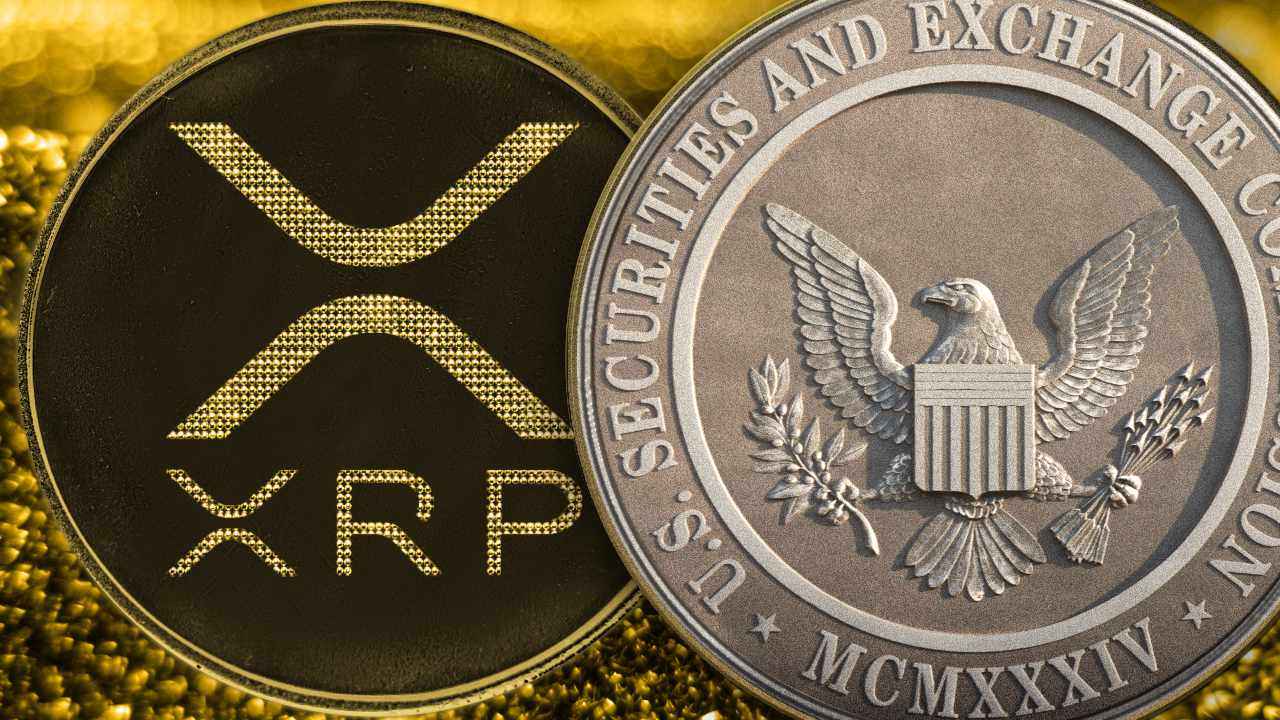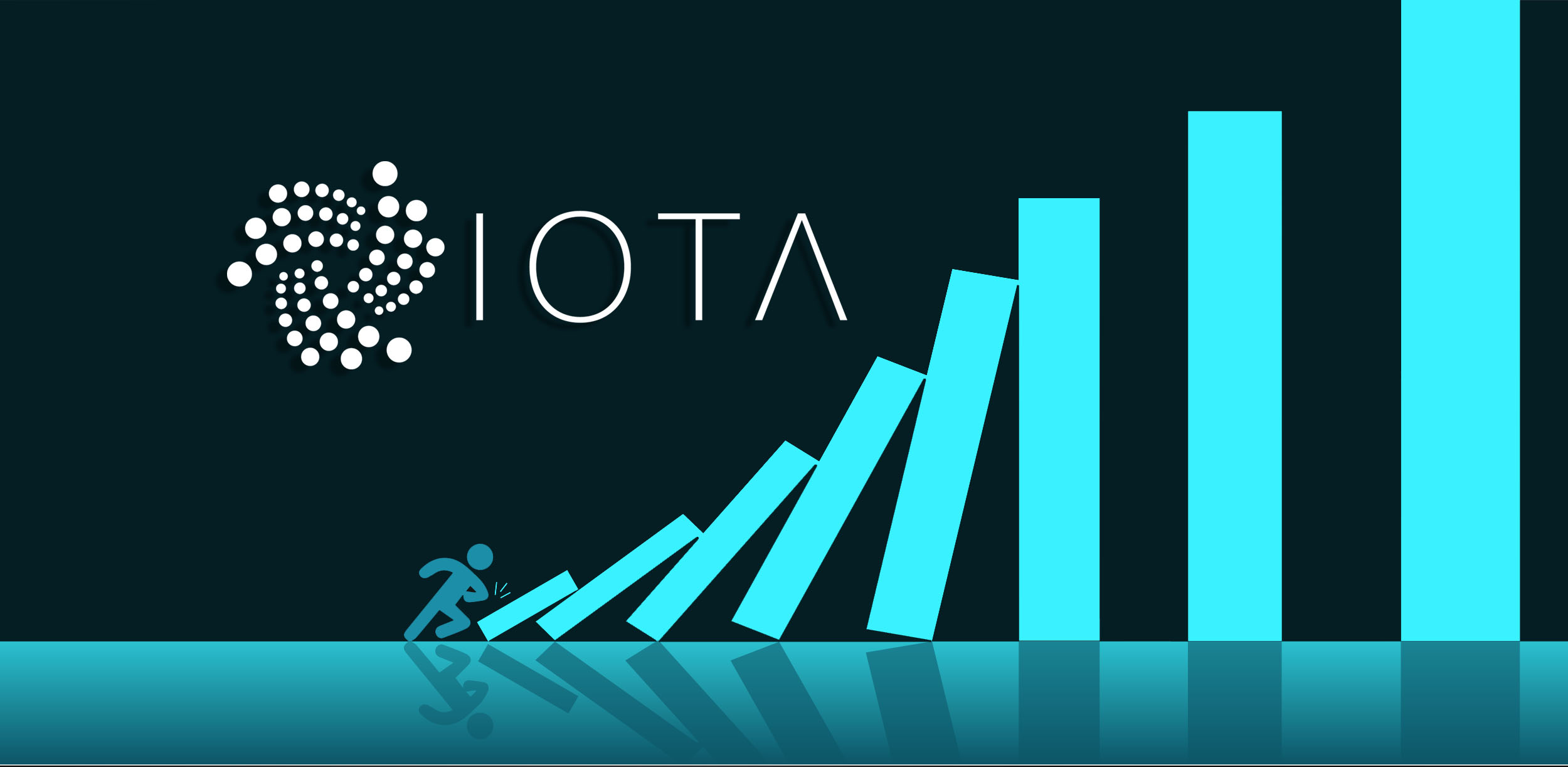|
Getting your Trinity Audio player ready...
|
In a decisive moment for the cryptocurrency industry, the U.S. District Court for the Southern District of New York, led by Judge Analisa Torres, recently concluded the long-running legal battle between Ripple Labs and the U.S. Securities and Exchange Commission (SEC). The court ordered Ripple to pay $125 million in penalties, a significant reduction from the $2 billion initially sought by the SEC. This ruling, while a financial hit for Ripple, has been heralded by the company and its executives as a victory for the broader crypto community.
Ripple Labs CEO Brad Garlinghouse and Chief Legal Officer Stuart Alderoty expressed their satisfaction with the outcome. “The SEC asked for $2 billion, and the Court reduced their demand by ~94%, recognizing that they had overplayed their hand,” Garlinghouse stated. Both executives indicated that Ripple does not intend to appeal Judge Torres’ decision, viewing the ruling as a positive step forward for the company and the industry.
Legal Experts Weigh In on Potential Appeals
Despite the optimistic tone from Ripple, the possibility of an appeal from the SEC remains a topic of debate. Some reports have suggested that the SEC might refrain from appealing the remedies decision, but legal experts are cautious. Pro-XRP attorney Bill Morgan noted that neither Garlinghouse nor Alderoty explicitly stated that the SEC would not appeal. Former SEC attorney Marc Fagel added that the agency has a 60-day window to file an appeal, which could extend the legal battle further.
Interestingly, attorney Fred Rispoli pointed out that Ripple is prepared to cross-appeal if the SEC decides to challenge the ruling. This strategic move could open a new front in the legal conflict, particularly around the definition and regulation of XRP as a security.
Also Read: Ripple Scores Partial Victory Over SEC: Expert Analysis
XRP Sales and Market Reaction
One of the critical outcomes of the ruling is the permanent injunction against Ripple, barring the company from selling XRP to institutional investors and through its On-Demand Liquidity (ODL) services without a registration statement. However, attorney Jeremy Hogan highlighted that Ripple’s majority XRP sales occur outside U.S. jurisdiction and are not subject to the ruling. Additionally, Ripple has adapted its sales practices to comply with the court’s decision, ensuring that its operations can continue within legal boundaries.
Despite the legal challenges, XRP’s market performance has been relatively stable. The cryptocurrency saw a 30% price increase this week, with its value currently hovering around $0.60. However, trading volume has dropped by 56% in the last 24 hours, reflecting some market uncertainty following the court’s decision.
As the legal dust settles, the crypto community is watching closely to see if the SEC will appeal, a move that could have significant implications for the future of cryptocurrency regulation in the United States.
Disclaimer: The information in this article is for general purposes only and does not constitute financial advice. The author’s views are personal and may not reflect the views of Chain Affairs. Before making any investment decisions, you should always conduct your own research. Chain Affairs is not responsible for any financial losses.
I’m your translator between the financial Old World and the new frontier of crypto. After a career demystifying economics and markets, I enjoy elucidating crypto – from investment risks to earth-shaking potential. Let’s explore!




